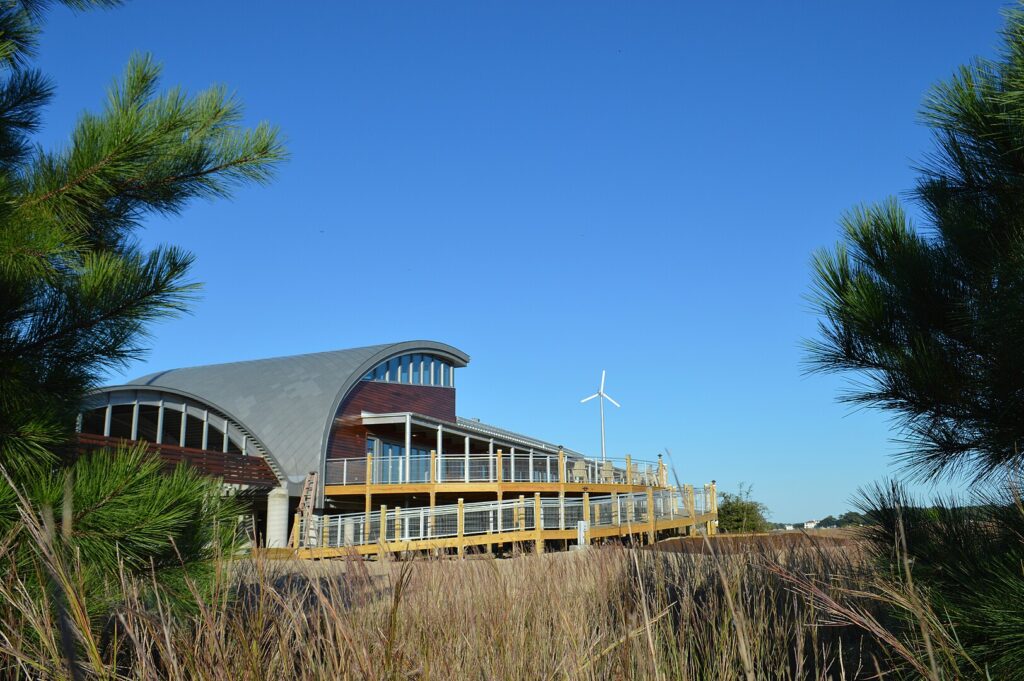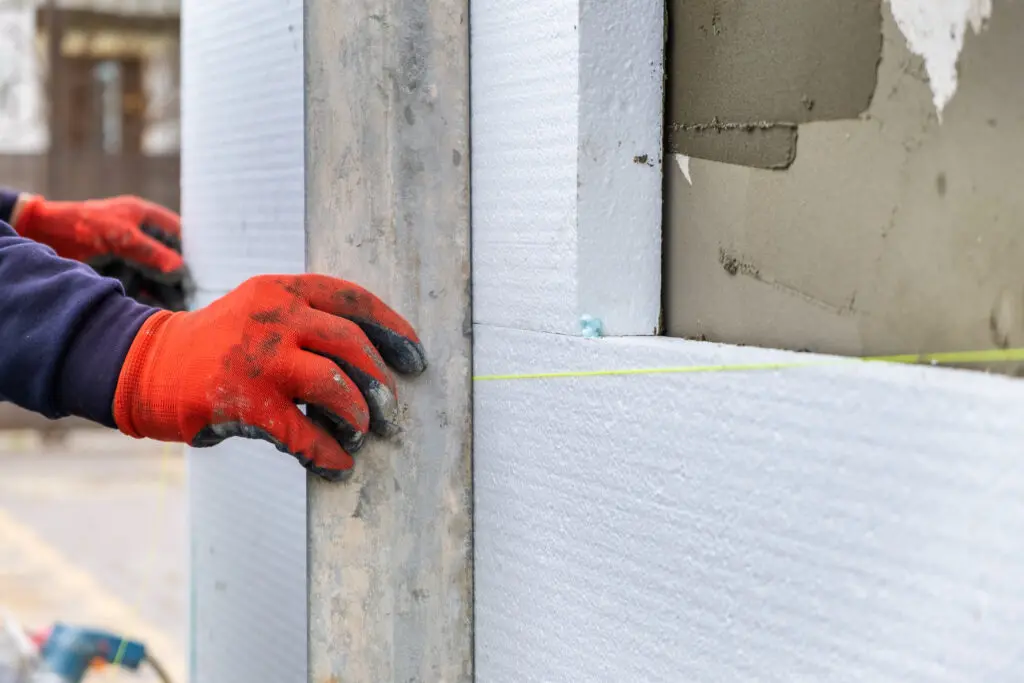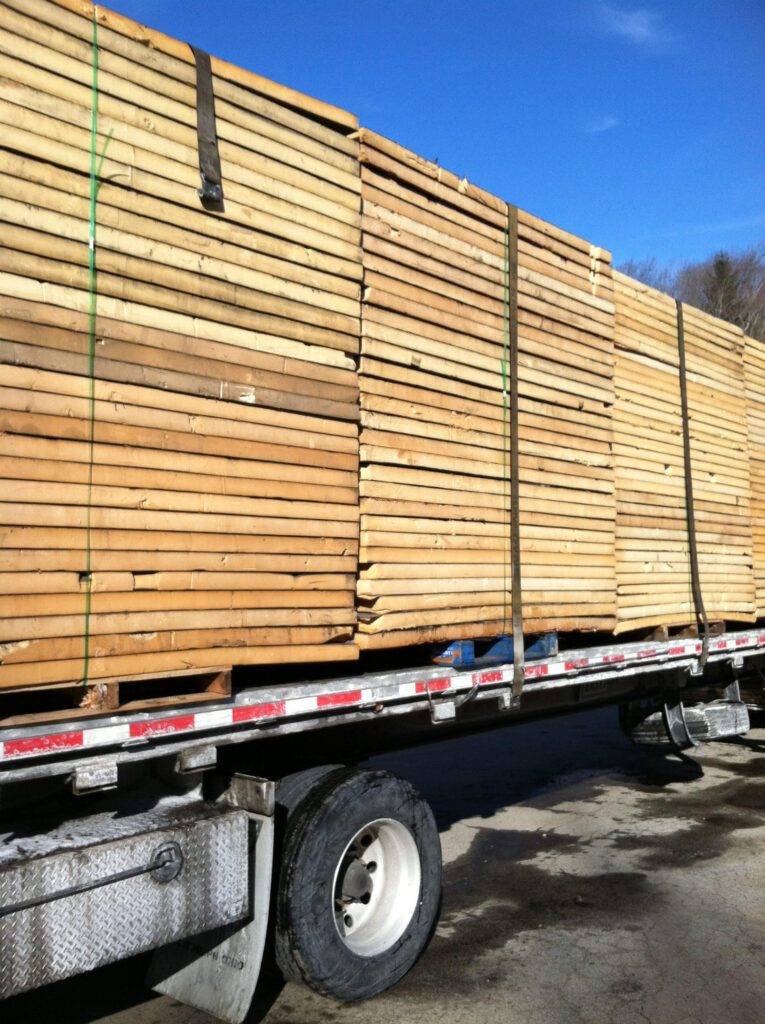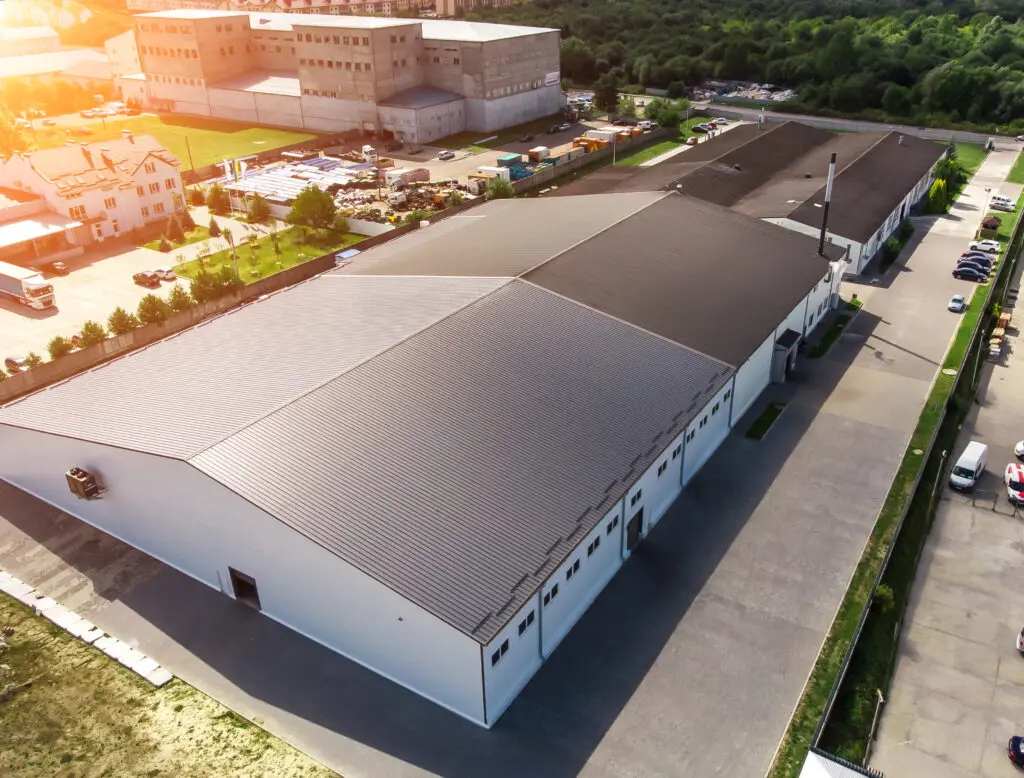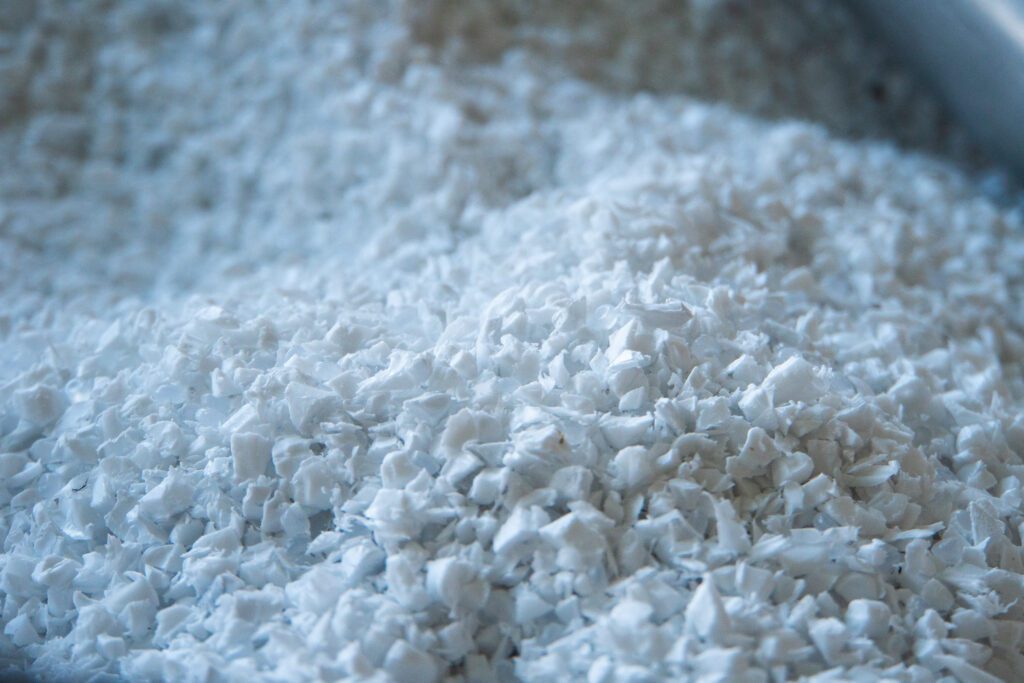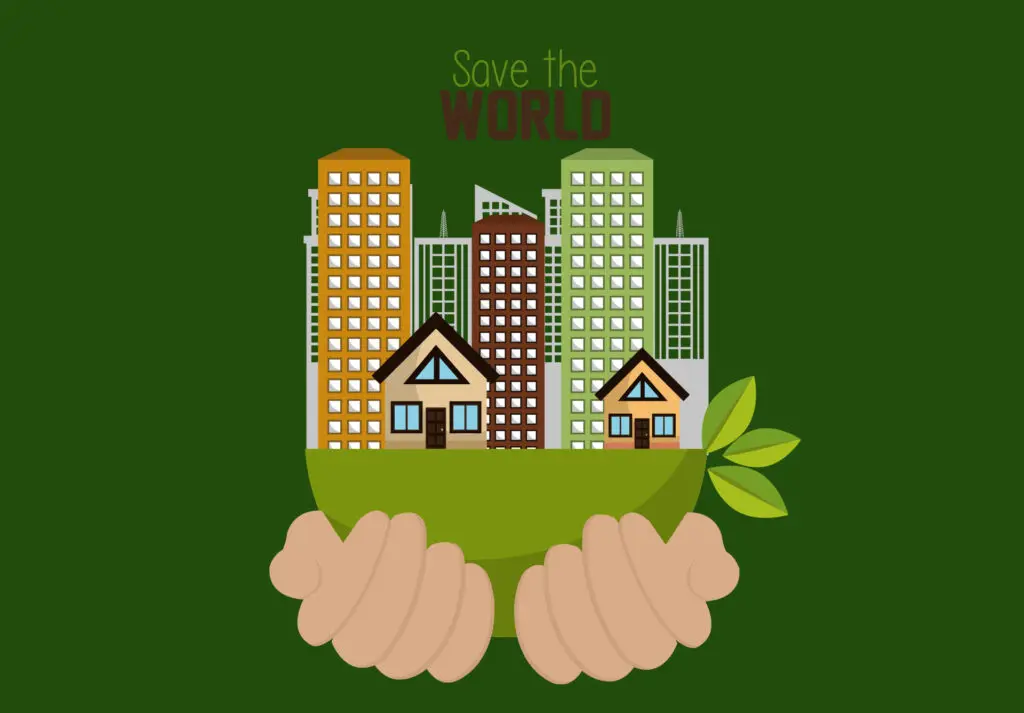Posts by Green Insulation Group
The Role of Reclaimed Insulation in Green Building Certifications
Green building certifications have become essential in promoting sustainability in construction. These certifications, such as LEED (Leadership in Energy and Environmental Design) and Green Globes, set standards for environmentally responsible and resource-efficient building practices. Among the many strategies to achieve these certifications, the use of reclaimed insulation plays a significant role. Reclaimed insulation not only…
Read MoreCase Studies of Innovative Insulation Solutions
Here are some collections of resources for building professionals, homeowners, and anyone interested in enhancing the energy performance of buildings across diverse climates. These case studies and guides dive into the practical applications of insulation, HVAC systems, indoor air quality measures, and more. Whether you’re embarking on a new construction project or seeking to retrofit…
Read MoreFoam Board Insulation for Soundproofing: Understanding How It Works
Foam board insulation is often misconstrued as a great standalone soundproofing solution. Here’s the reality: What it Does: Foam board insulation primarily functions as a thermal insulator, used to reduce heat transfer. Its impact on soundproofing is limited, with some modest acoustic benefits depending on the type of foam board. How it Helps with Sound:…
Read MoreBuilding a Circular Economy in Construction: How Insulation Recycling Contributes to a Sustainable Future
The concept of a circular economy provides a practical alternative to address the growing environmental challenges of resource depletion and landfill overcrowding. This model emphasizes the importance of keeping resources in use for as long as possible, extracting the maximum value from them while in use, and recovering and regenerating products and materials at the…
Read MoreReclaimed Insulation: Disrupting the Waste Cycle for a Greener Building Industry
Proper insulation is crucial for creating energy-efficient buildings that provide lasting comfort. It helps control temperatures, reduces energy consumption, and lowers your utility bills. Yet, there’s an often overlooked aspect within the world of insulation – the environmental impact of disposal. This blog post uncovers why reclaimed insulation could be the key to sustainable building…
Read MoreThe Cost Benefits of Insulating with Reclaimed Foam Panel Insulation
Homeowners and builders always want to maximize their investments, and improving energy efficiency is no exception. Proper insulation plays a crucial role in keeping your home comfortable and your energy bills low. Instead of opting for brand-new foam insulation, consider the significant cost advantages of reclaimed foam panel insulation. What is Reclaimed Foam Panel Insulation?…
Read MoreWhy Your Next Roofing Project Needs Disposal Alternatives: A Guide for Decision-Makers
In the realm of construction and roofing, the push towards sustainability is not just a trend but a necessary shift to address environmental concerns and economic challenges. Traditional disposal methods of roofing materials contribute significantly to landfill waste, presenting an urgent need for sustainable practices. Enter Disposal Alternatives, an innovater in recycling roofing materials, offering…
Read MoreHow Reclaimed Foam Insulation Contributes to LEED Certification in Buildings
LEED (Leadership in Energy and Environmental Design) certification is a globally recognized symbol of sustainability achievement and leadership. It’s a framework for healthy, efficient, carbon and cost-saving green buildings. Reclaimed foam insulation, an eco-friendly material, plays a significant role in achieving LEED certification for buildings. Understanding LEED Certification LEED certification is based on a…
Read MoreEnergy Efficiency and Cost Savings: The Dual Benefits of Recycled Foam Insulation
In an era where sustainability and cost-effectiveness are paramount, recycled foam insulation emerges as a beacon of hope. This innovative solution not only champions environmental stewardship but also promises significant financial benefits. This article delves into the world of recycled foam insulation, exploring its role in energy efficiency and cost savings. Understanding Recycled Foam Insulation…
Read MoreBuilding Green: The Rise of a Sustainable Insulation Revolution
The construction industry, a titan of human progress, casts a long shadow on our planet. It devours raw materials, spews carbon, and generates mountains of waste, a testament to our insatiable need for shelter. But within this behemoth, a quiet revolution is brewing, fueled by a potent mix of ingenuity and environmental conscience. This revolution…
Read More
